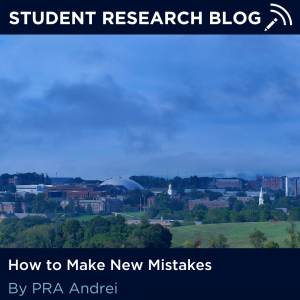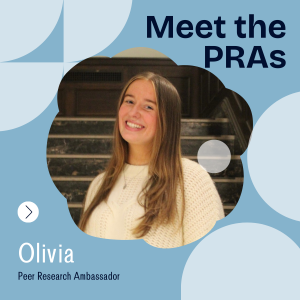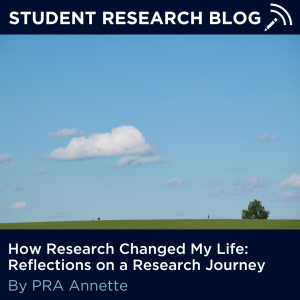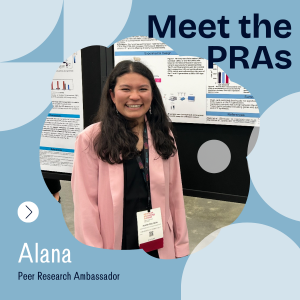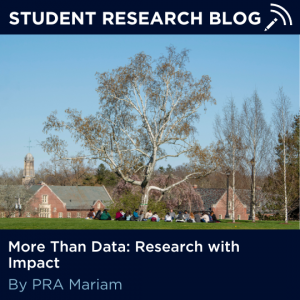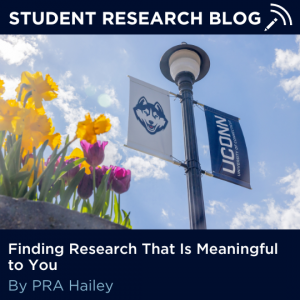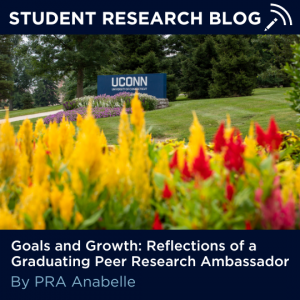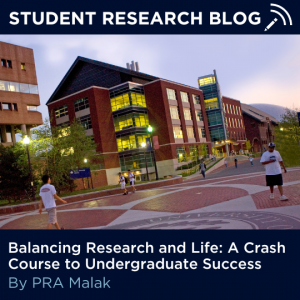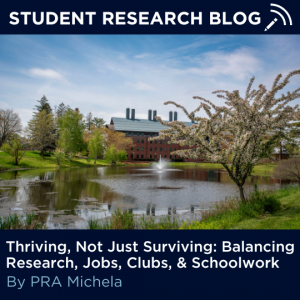Meet Breanna Bonner ’26, an OUR Peer Research Ambassador majoring in Human Rights and Media, Policy, and Social Movements (individualized major).
What is the focus of your research/creative activity?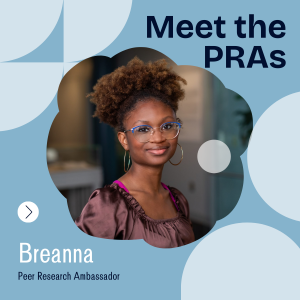
My current research focus is exploring art and policy-based interventions to gun violence in the U.S. I spent the summer exploring these topics through the BOLD Scholars program, where I traveled to Kansas City, Chicago, and Boston to implement my project. The process included interviewing gun violence prevention scholars/practitioners from across the U.S., heavily engaging in literature, interviewing non-profits, and creating/ executing art-based processing curriculum for survivors of gun violence. My senior thesis aims to work with community members, policy-makers, and non-profits to study community perceptions of public safety. I am also currently working on curating an exhibit at UConn as a form of dissemination of my BOLD project!
Why did you get involved in research/creative activity?
I got involved in research because I am constantly looking to explore big questions. I’ve always wanted to know why society is the way that it is, and research has allowed me to not only explore these questions, but to actively engage in interventions. I love research because I believe that it has the power to inform social change when done correctly. To find solutions to social problems, we first have to be able to name them and understand their context.
What advice would you give to aspiring student researchers?
The advice that I would give to student researchers is to explore a topic that they’re truly passionate about. The best research projects center around questions that keep you up at night and make you excited to go into the ‘lab’ space the next day. Caring deeply about the topic prevents burnout and allows for reaching your full potential!
What is your greatest accomplishment so far?
Research-wise, my greatest accomplishment is leading an art-based processing retreat around gun violence solutions with 25 current and former gang-involved men in my hometown of Kansas City, Missouri. Watching them engage in passionate solution-based dialogue and seeing them hanging up the art-work that they created was the highlight of my career so far. I’m excited to go back and visit them!
Personally, being a senior in college and meeting my incredible campus family.
What are your plans after graduation? How has involvement in research/creative activity influenced your plans and/or prepared you for the future?
My plans after graduation are to either pursue graduate education researching public safety and social movement research methodology, or to work for a non-profit organization doing community participatory action research (PAR) My experiences doing community-based research in undergrad has prepared me to ask questions, think critically, and build coalitions across demographics for social change.
